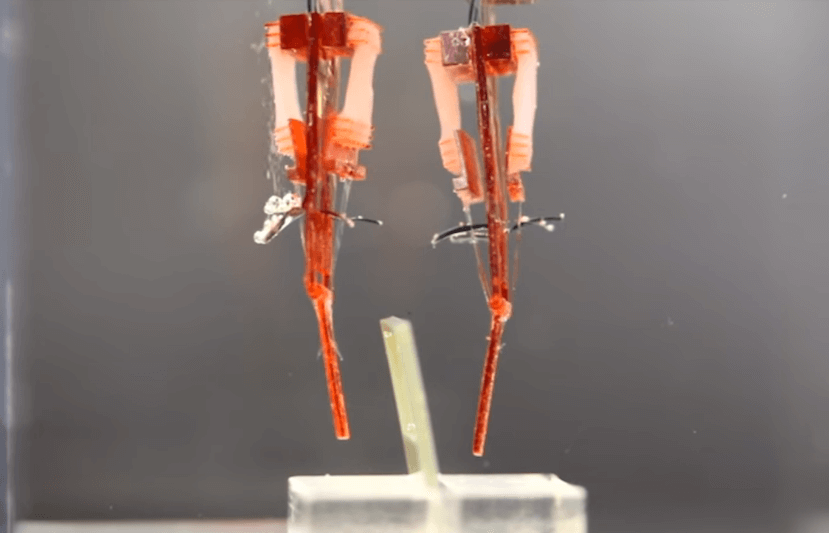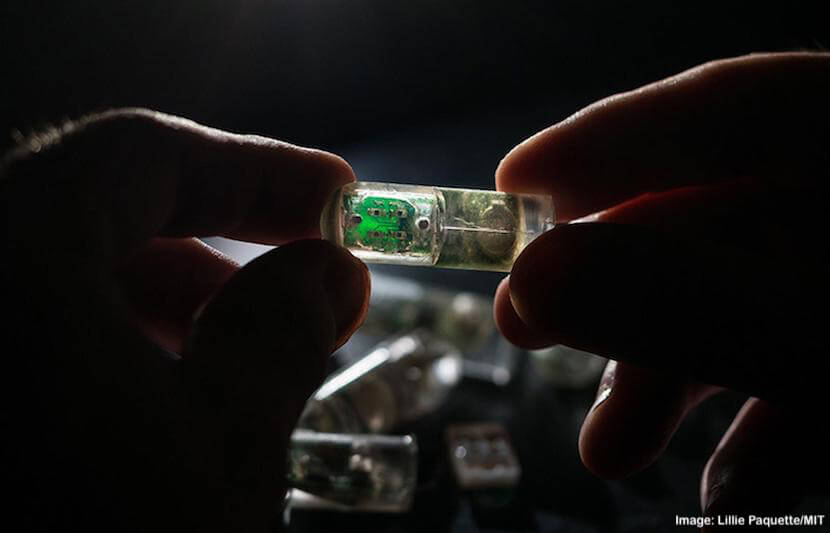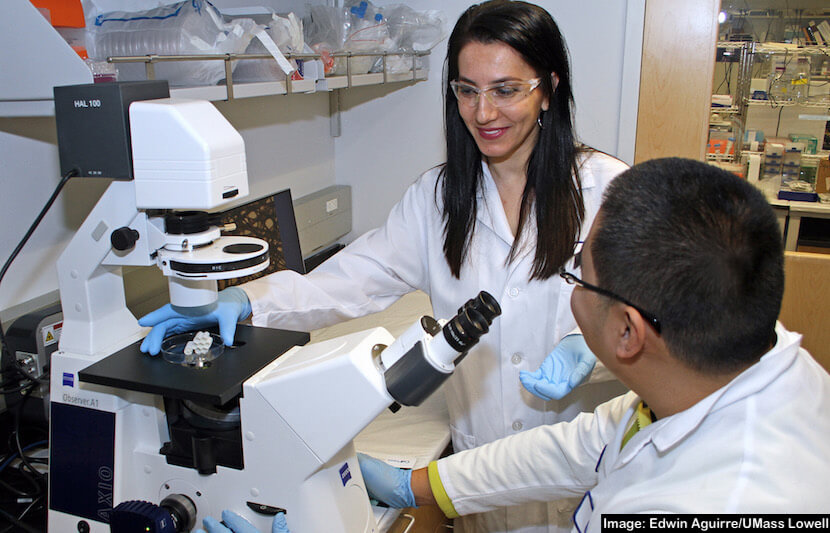-
Study Finds Which People Are Prone to Falling for Marketing Scams
When it comes to mass-marketing scams (MMS), people who “see the glass as half-full” are more likely to take the bait, according to a new study. MMS, otherwise known as mass-marketing fraud, is a ploy that uses mass-communication methods, such as telephones, the internet, mass mailings, TV and radio, to receive money or information from… Read More
-
Study Helps Hawaii Ban Sunscreen Ingredient Killing Coral Reefs
Finally, lawmakers are listening to scientists. A University of Central Florida study recently helped bring Hawaiian legislators to the table to ban an ingredient in sunscreen that can kill coral reefs. Known as the underwater jewels, coral reefs house one of the most diverse ecosystems on the planet. “Coral reefs truly are spectacular and they… Read More
-
More Than a Pick-Me-Up: Coffee Found to Help Teamwork
Coffee drinkers, particularly college students who live on coffee, will be happy to learn that the secret to good teamwork lies in a cup of coffee. In a set of two experiments, researchers from The Ohio State University found that drinking coffee before completing a group task increases alertness, leading to more focused work and… Read More
-
Essential Oils to Be Used as Antibiotics
Applying tea tree oil or other natural plant extracts as a coating for medical devices could prevent millions of bacterial infections each year, according to researchers from James Cook University in Australia. The discovery comes at a time when an increasing number of unplanned surgeries are performed to fight infections caused by biofilm, a thin… Read More
-
Study Reveals How Brain Works During Speech
Everytime we speak, we are engaging nearly 100 different muscles in our lips, jaw, tongue and throat. Now, a new UC San Francisco study shows how the brain works during speech and suggests promising results to help create prosthetic devices for those who are unable to speak. The new study is published in Neuron. More… Read More
-
Scientists Create Real-Life Cyborg with Living Muscle
While a half-man, half-robot might seem like the epitome of science fiction, it’s a developing reality to a team of researchers at the University of Tokyo. The team has created a method to successfully grow and integrate living muscle into a robotic skeleton that can function for over a week. The result is a human-like… Read More
-
Are You Feeling Hangry?
When you’re hungry, it’s not only low blood sugar level, but also context and self-awareness of your emotion that can make you either more or less angry, a new study suggests. The study is published in the journal Emotion. Becoming “hangry” Everyone knows what it feels to be hungry. Some may also know what it… Read More
-
Algorithm Shows Right Amount of Coffee to Drink for Peak Alertness
Drinking the right amount of coffee can be a tricky task. If you don’t drink enough, you could sleepwalk through the day, but if you drink too much, you can become wired and lightheaded. Those days may be behind us. Researchers have developed an algorithm that is pivotal to maximizing alertness with caffeine. The technique… Read More
-
Screen Time Can Cause Insomnia, Depression in Teens
A new study indicates that higher amounts of daily screen time can cause insomnia and depression in young people. Today, teenagers and adolescents spend a great amount of time texting, gaming, web-surfing, watching videos and scrolling through social media on their devices. These habits are damaging their mental health. “Higher rates of depressive symptoms among… Read More
-
Ingestible Sensor Can Detect Stomach Bleeding, Disease
MIT researchers have developed an ingestible sensor that can detect stomach bleeding or other gastrointestinal problems, and relay the information to a nearby smartphone. Working in the field of synthetic biology, the researchers infused an electronic sensor with genetically modified bacteria that can emit light in response to blood and convey the information via wireless… Read More
-
New Method Can Permanently Correct Vision Without Surgery
Researchers at Columbia University have developed a non-invasive technique to permanently correct nearsightedness, a common vision problem already affecting nearly half of the U.S. population. The study is published in Nature Photonics. The problem Although we don’t know what causes it yet, nearsightedness, or myopia, is an increasing problem around the globe. According to the… Read More
-
Do Common Vitamins and Minerals Really Help Your Health?
Do you take general vitamin and mineral supplements each day? You may not need to, according to a new study led by St. Michael’s Hospital and the University of Toronto. The researchers found that the most commonly used vitamin and mineral supplements, including multivitamins, vitamin D, calcium and vitamin C, don’t provide any consistent… Read More
-
Researchers Grow Human Tissue Cells in Origami Papers
Dating back to the sixth century, the Japanese paper art of origami is making its modern comeback, not in arts and crafts, but in an engineering lab. Researchers at the University of Massachusetts Lowell are using origami papers to develop biomaterials that could be used to repair, replace or regenerate human body tissues and organs.… Read More
-
A Healthy Stomach Proven Critical to Fighting Disease
We must look inward to treat chronic diseases such as cancer, obesity and autoimmune disorders, according to a biologist from Oregon State University-Cascades. That is, to our guts. The paper is published in the Quarterly Review of Biology. The human ecosystem Inside every man and woman are trillions of bacterial cells that perform valuable functions… Read More
-
Researchers Develop Electronic Skin for Soft Robots
A team of engineers from Seoul National University has developed a skin-like electronic system for soft robots to move with more flexibility, making them safer around humans. Soft robotics is a subfield of robotics that aims to copy the way living organisms, such as human hands, move and adapt to their surroundings and tasks. Unlike… Read More
















